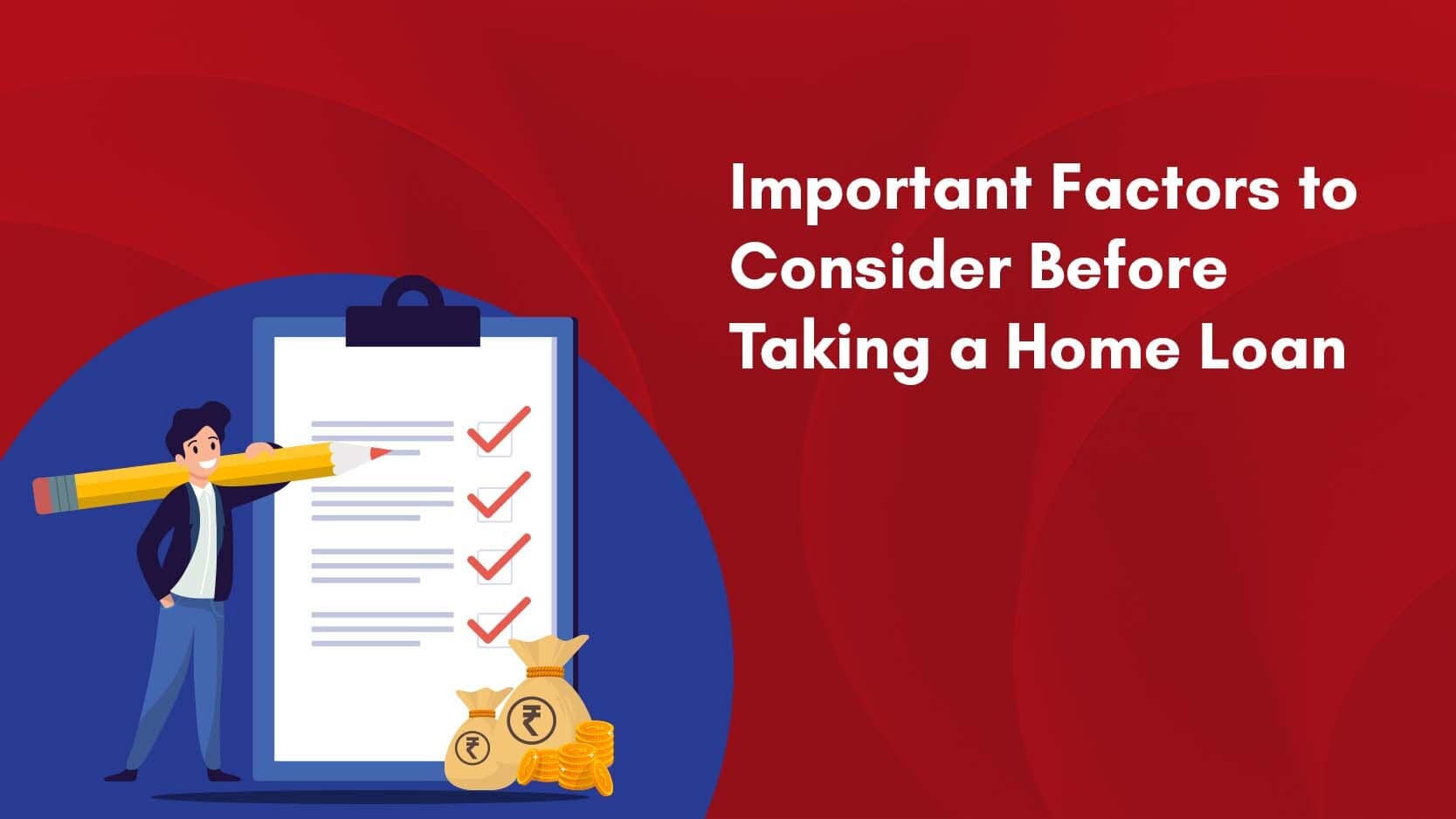
Debt can be overwhelming, but with the right approach, you can regain financial control. Whether you have loans, credit card balances, or personal loans, these practical tips and strategies will help you pay off your debt faster and improve your financial health.
1. Understand Your Debt
Start by listing all your debts, including the amount owed, interest rates, and repayment terms. This gives you a clear picture of your financial obligations and helps you prioritize which debts to pay off first. High-interest debts like credit cards should be tackled as a priority.
2. Create a Budget
Develop a realistic budget that accounts for your monthly income and expenses. Allocate a portion specifically for debt repayment. Cut down on non-essential spending and direct the extra savings towards paying off your loans.
3. Use the Debt Snowball Method
This involves paying off the smallest debt first while making minimum payments on larger debts. Once the smallest debt is cleared, move on to the next smallest. This method helps build momentum and boosts motivation as you see progress quickly.
4. Negotiate Lower Interest Rates
Reach out to your lenders to negotiate lower interest rates. Banks and financial institutions in Kenya may be willing to offer reduced rates or better repayment terms, especially if you have a good track record.
5. Consider Debt Consolidation
If you have multiple loans, consolidating them into a single loan with a lower interest rate can make debt management easier. Many Kenyan banks offer consolidation loans, which allow you to pay off all your debts with one monthly payment at a more favorable rate.
6. Increase Your Income
Find ways to boost your income, whether through side hustles, freelancing, or part-time work. Extra income can be used to pay off your debt faster, significantly reducing the repayment period.
7. Make Extra Payments
Whenever possible, make additional payments towards your debt. Even small amounts can make a significant difference in the long run, reducing both the principal and interest costs.
8. Avoid Taking on New Debt
Focus on clearing existing debt before taking on new loans or credit. Reassess your financial goals and prioritize becoming debt-free over accumulating more obligations.
9. Seek Professional Help
If your debt situation is overwhelming, consider consulting a financial advisor. They can help you create a personalized plan and negotiate with creditors on your behalf.
10. Use Windfalls to Pay Debt
When you receive unexpected income, such as tax refunds, bonuses, or gifts, use it to reduce your debt. This accelerates your repayment process and brings you closer to financial freedom.
Conclusion Getting out of debt requires discipline, strategic planning, and persistence. By following these practical tips, you can reduce your debt burden, avoid financial stress, and move towards a more secure financial future. Start today and take control of your financial journey.




